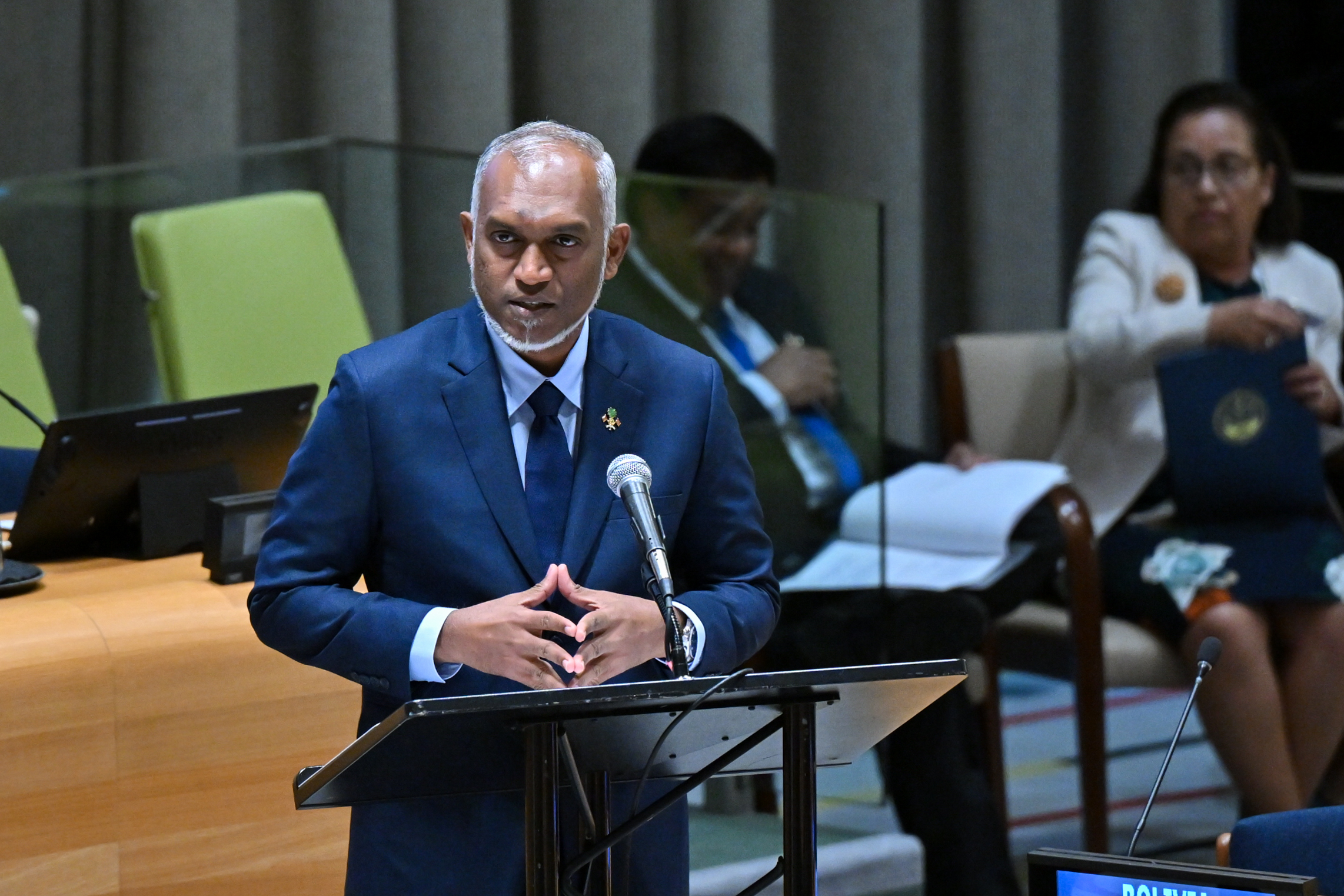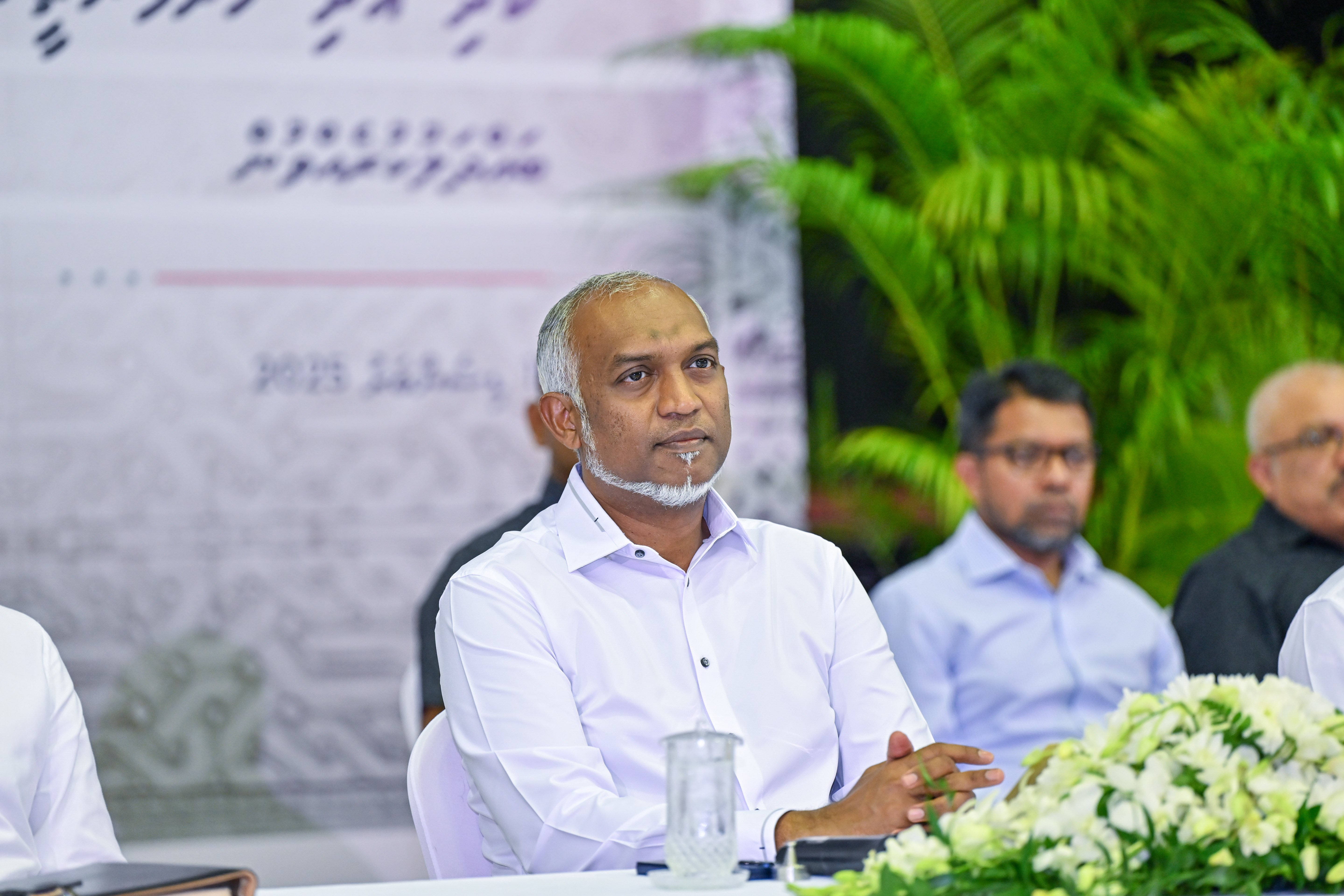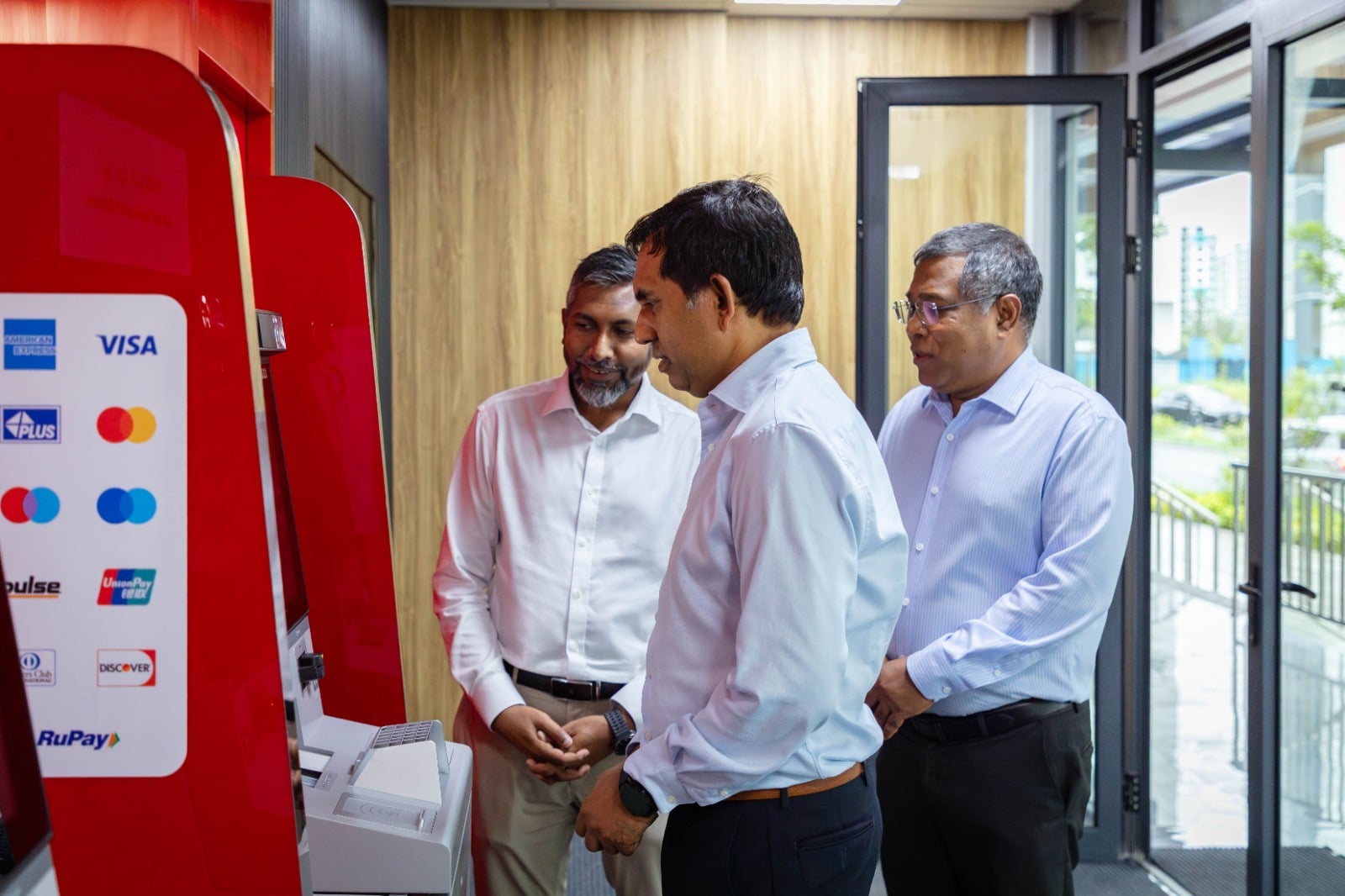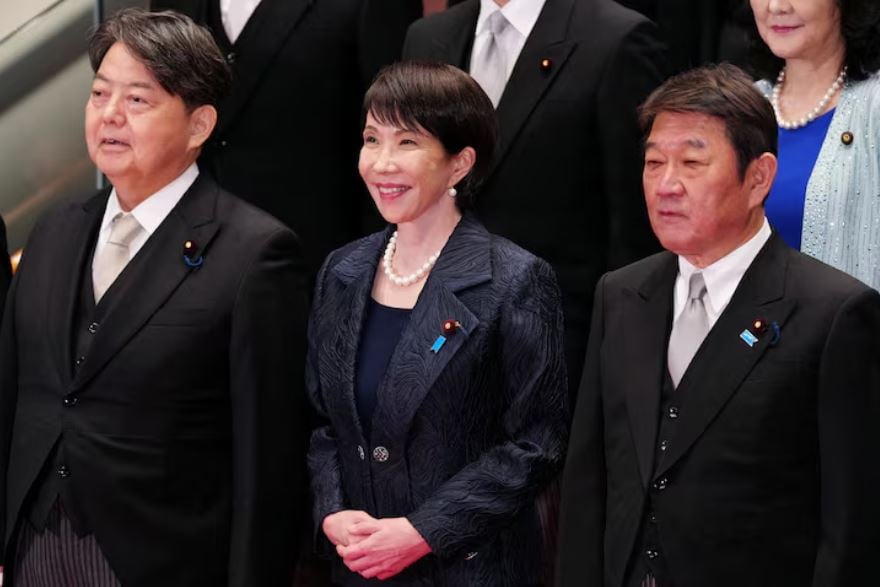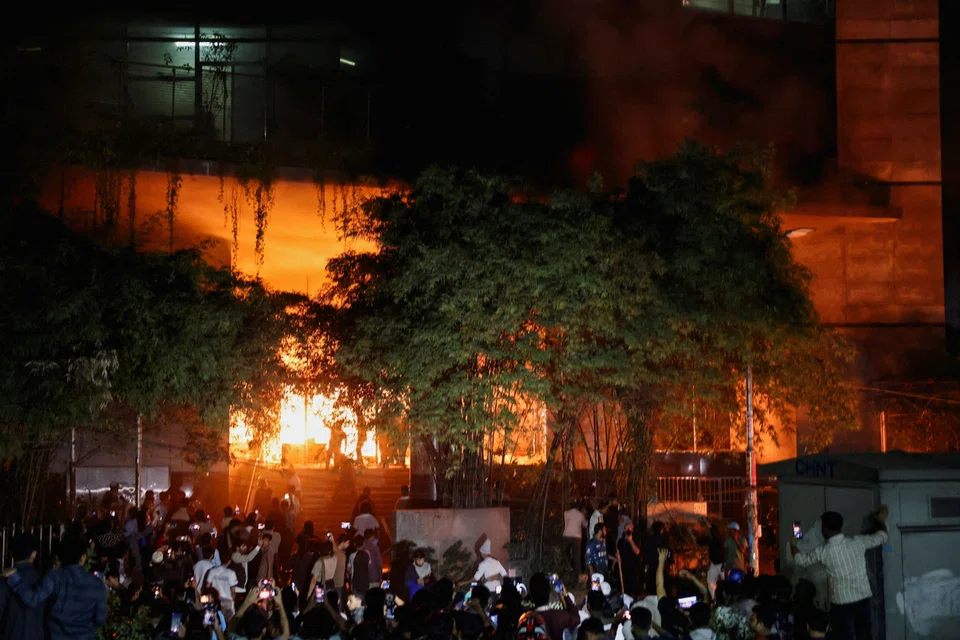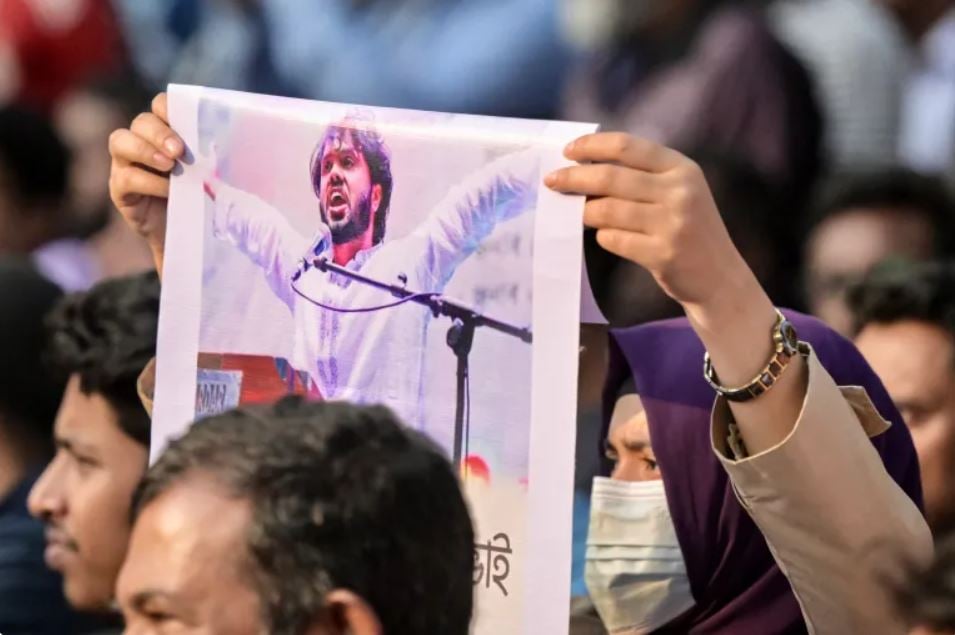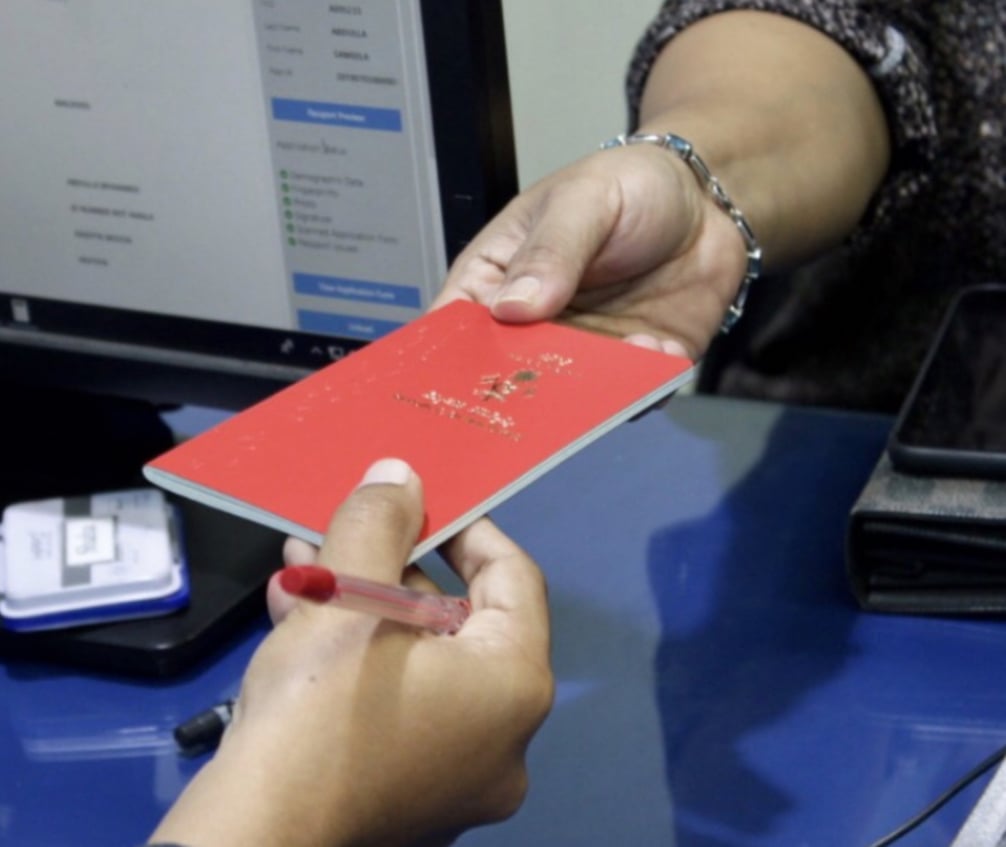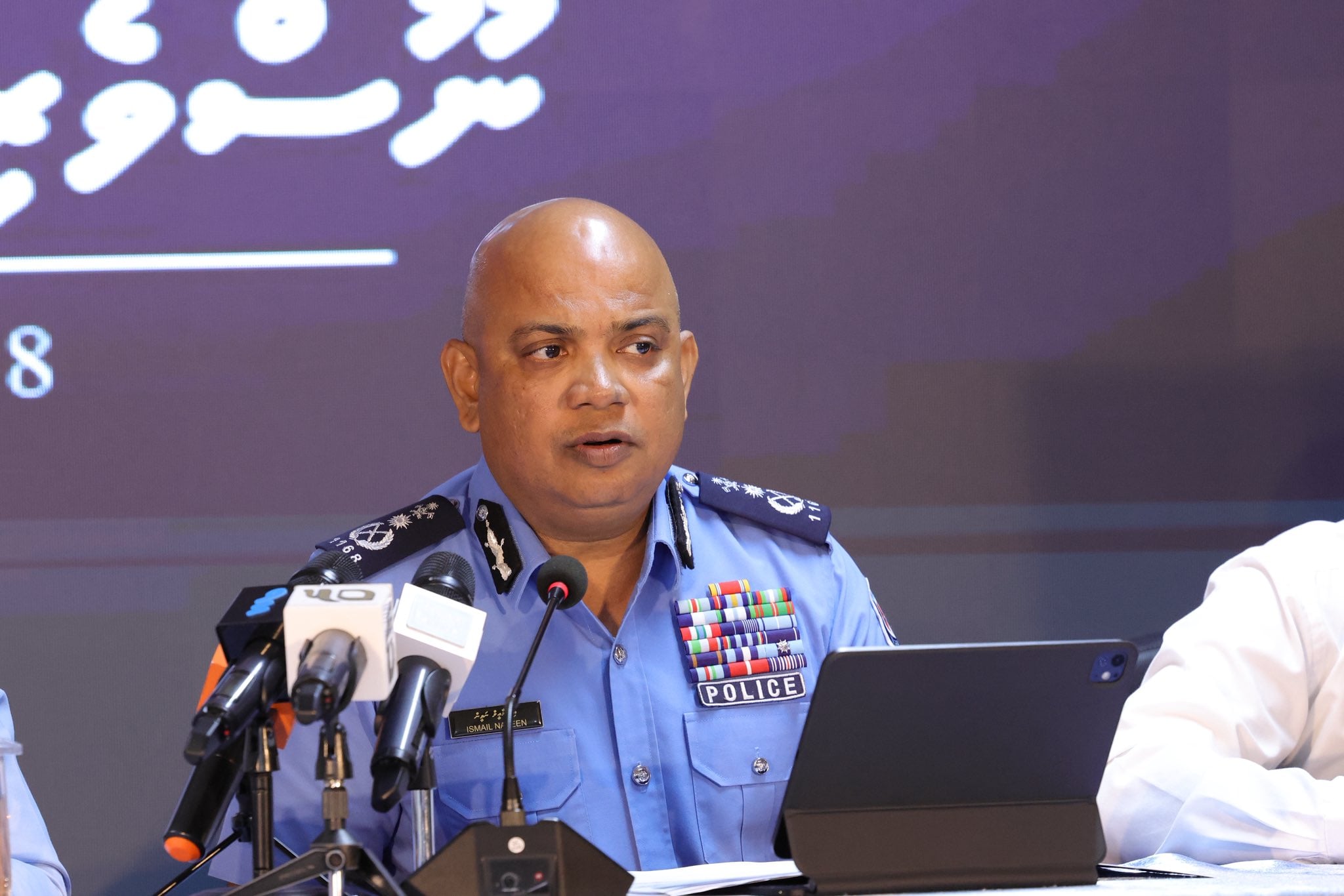President Dr. Mohamed Muizzu has called for urgent and coordinated global action to address the growing threats of climate change and rising sea levels.
Speaking at the High-level Meeting on Sea Level Rise during the 79th session of the United Nations General Assembly, President Muizzu outlined key actions to protect vulnerable nations like the Maldives.
In his address, President Muizzu proposed three crucial measures:
1. Increase Adaptation Finance: He called for a significant increase in adaptation funding, pointing to the current imbalance between mitigation and adaptation efforts. The President also urged for simplified access to these funds and the integration of the Antigua and Barbuda Agenda for Small Island Developing States (SIDS) into global financing systems.
2. Operationalize the Loss and Damage Fund: Stressing the urgent need for support, President Muizzu highlighted the importance of fully implementing the Loss and Damage Fund to aid countries like the Maldives, which face severe climate-induced challenges.
3. Facilitate Technology Transfer: The President emphasized the responsibility of advanced economies to facilitate technology transfers to SIDS and developing nations on favorable terms, helping these countries enhance their climate resilience.
In addition to these actions, President Muizzu underscored the need to bolster the adaptive capacity of vulnerable coastal communities and low-lying island states. He also pointed to the critical role of the private sector in expanding technological capacity to address the climate crisis.
In his concluding remarks, President Muizzu highlighted that the Maldives is forced to allocate a substantial portion of its national budget toward climate response, funds that could have been used for other developmental purposes. This, he said, underscores the country's commitment to survival in the face of mounting climate challenges.
President Muizzu's call to action at the UN is a powerful reminder of the urgent need for global cooperation to combat the existential threats posed by climate change and rising sea levels, particularly for vulnerable nations like the Maldives.
Speaking at the High-level Meeting on Sea Level Rise during the 79th session of the United Nations General Assembly, President Muizzu outlined key actions to protect vulnerable nations like the Maldives.
In his address, President Muizzu proposed three crucial measures:
1. Increase Adaptation Finance: He called for a significant increase in adaptation funding, pointing to the current imbalance between mitigation and adaptation efforts. The President also urged for simplified access to these funds and the integration of the Antigua and Barbuda Agenda for Small Island Developing States (SIDS) into global financing systems.
2. Operationalize the Loss and Damage Fund: Stressing the urgent need for support, President Muizzu highlighted the importance of fully implementing the Loss and Damage Fund to aid countries like the Maldives, which face severe climate-induced challenges.
3. Facilitate Technology Transfer: The President emphasized the responsibility of advanced economies to facilitate technology transfers to SIDS and developing nations on favorable terms, helping these countries enhance their climate resilience.
In addition to these actions, President Muizzu underscored the need to bolster the adaptive capacity of vulnerable coastal communities and low-lying island states. He also pointed to the critical role of the private sector in expanding technological capacity to address the climate crisis.
In his concluding remarks, President Muizzu highlighted that the Maldives is forced to allocate a substantial portion of its national budget toward climate response, funds that could have been used for other developmental purposes. This, he said, underscores the country's commitment to survival in the face of mounting climate challenges.
President Muizzu's call to action at the UN is a powerful reminder of the urgent need for global cooperation to combat the existential threats posed by climate change and rising sea levels, particularly for vulnerable nations like the Maldives.





